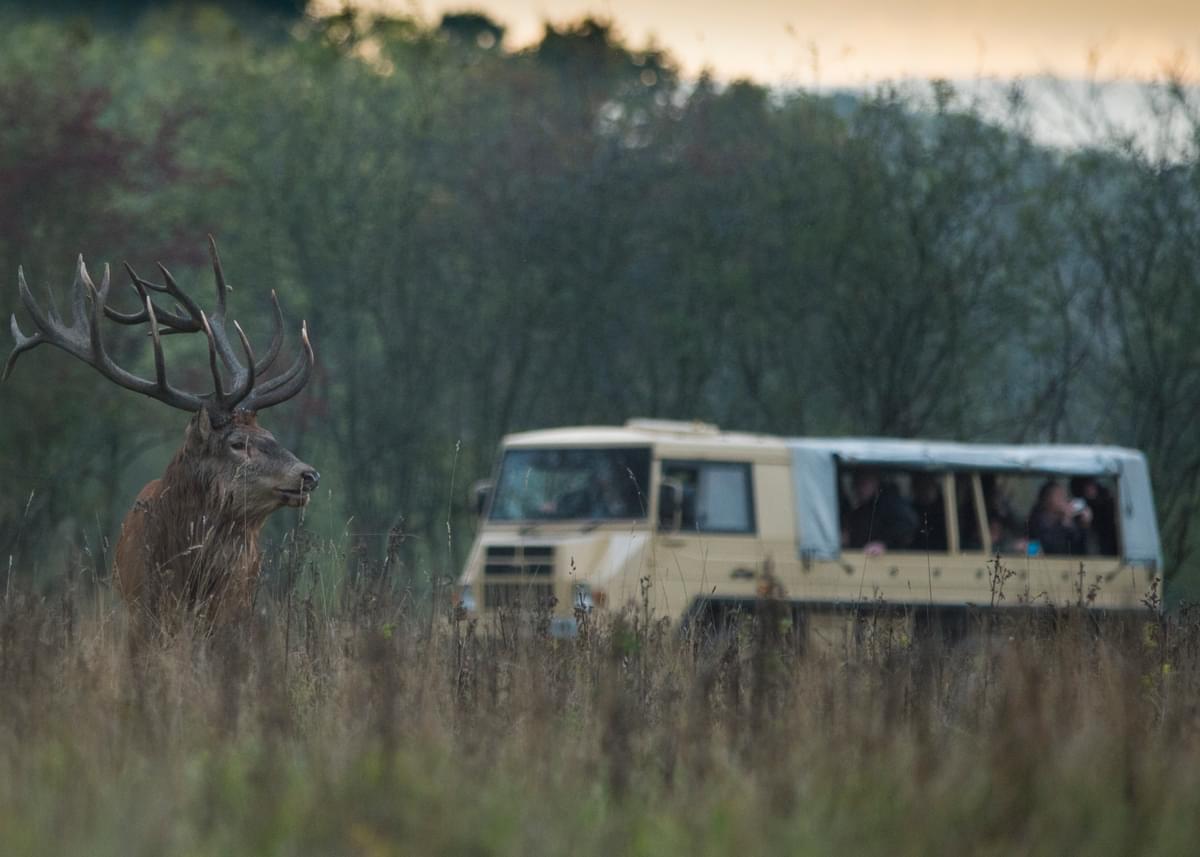
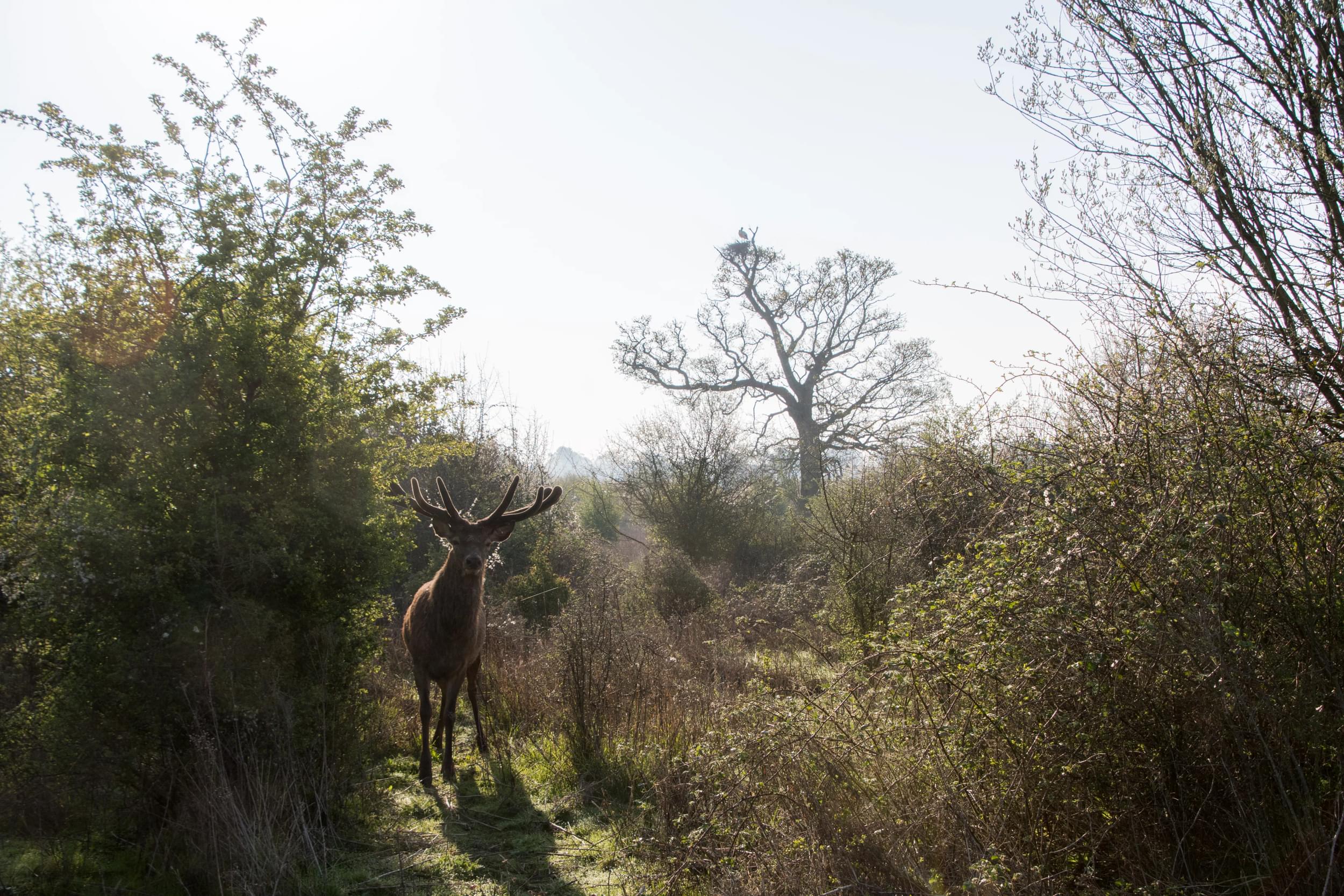
Isabella Tree is an award-winning author, journalist and rewilding pioneer who along with her husband, the conservationist Charles Burrell, is at the heart of one of the most famous rewilding projects in Britain. Holly Tuppen spoke with Isabella to learn more about the Knepp Estate’s rewilding journey, the latest visitor attractions, and a new venture linking nature restoration across Sussex.
The Knepp Estate sits on a 3,500-acre patch of low weald near Horsham in West Sussex. After inheriting the estate from his grandparents in 1983, Charles Burrell soon realised that large-scale farming was impossible on low-lying clay land. So, in 2002 he and his wife, author, and journalist Isabella Tree, embarked on what has become a pioneering rewilding project converting pasture into a patchwork of grasslands, scrub, groves, and towering oaks. Now home to storks, beavers, and nightingales, to name a few, Knepp’s ever-evolving experiment is open for all to enjoy. We sat down with Isabella to find out more.
The Knepp Estate has been on an incredible journey from intensive farming to wildlife haven in 20 years. Tell us a little about the wildlife seen at Knepp these days.
We’ve seen an astonishing amount of wildlife coming back on its own accord, including some of the rarest species in Britain, like the turtle dove, nightingale, purple emperor butterflies, and many more. Last year we had a large tortoiseshell butterfly — thought to be extinct in the UK, it’s now breeding here. We’ve had peregrine falcons nesting in trees, which is almost unheard of. Just last week, we heard golden orioles. Ecologists keep telling us we can’t fit more life in Knepp, but every year something astonishing happens!
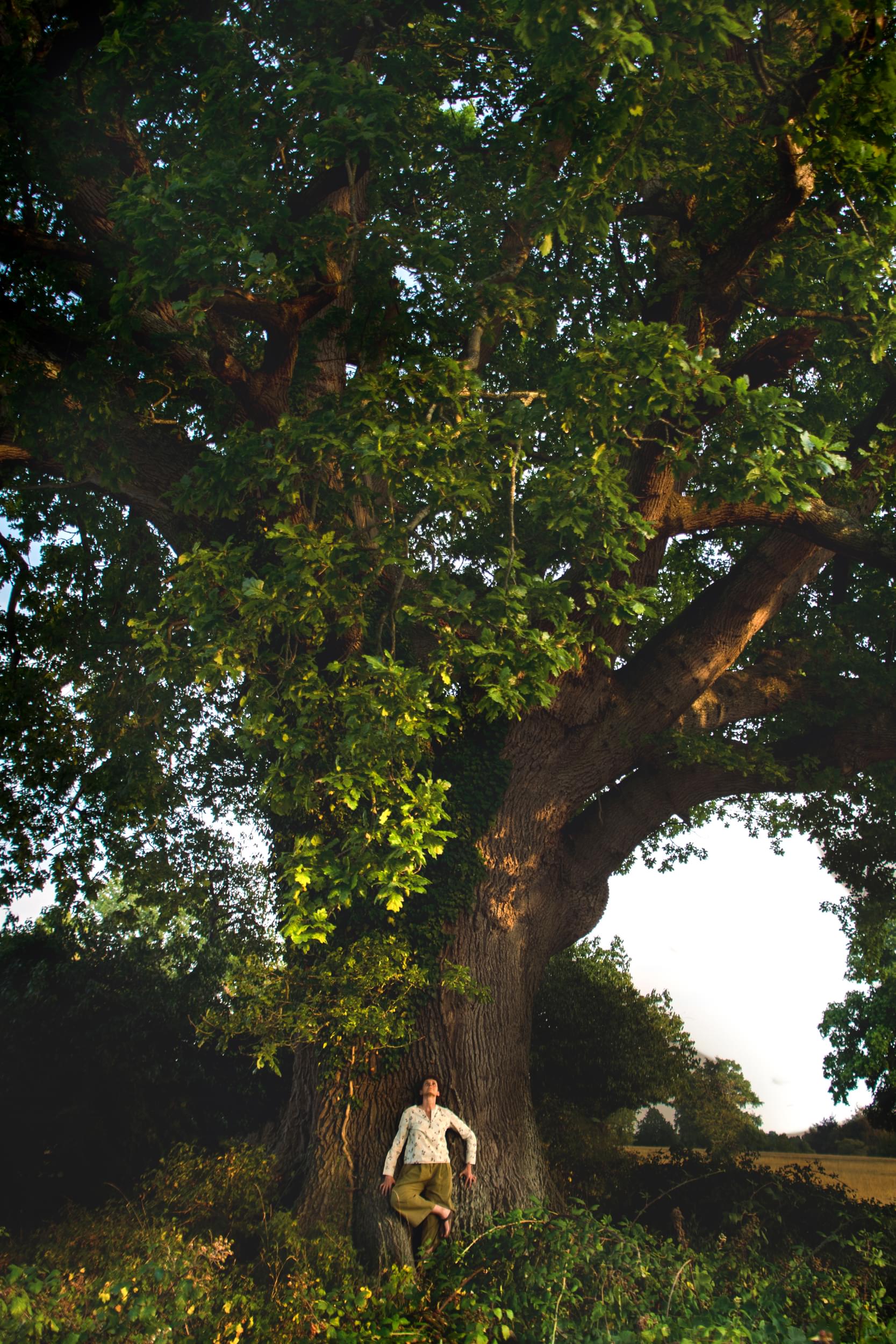
Isabella Tree at Knepp Estate
Over those 20 years, the rewilding movement has gained momentum across the UK and beyond. What excites you about what’s coming next?
Landscape connectivity is the next focus. Knepp is a hotspot for life, but how do we enable that life to spill out beyond our boundaries and into the broader landscape? We’ve got to start reconnecting landscapes and habitats and creating wildlife corridors across the country. It’s important not only for all those species that cannot fly but also for birds, insects, and bats because they need to be able to migrate across areas with resources like food, water, and protection. That’s really what the Book of Wilding is all about; everyone can get involved. For starters, we need to create more wildlife areas and margins on farms of all sizes, clean our rivers, restore floodplains, and move away from artificial fertiliser and pesticides.
Connectivity is at the heart of the new Weald to Waves project. Could you tell us more about it?
Weald to Waves is led by our charitable arm, the Knepp Wildland Foundation. It stems from a dream to connect nature across larger landscapes. The idea is to get everyone from big landowners to small gardens involved in some way, from the woodlands of the High Weald to the restored kelp forests off the Sussex coast.
"It’s exciting to picture a wilder landscape where marine meets the land"
Eventually, they’ll form a corridor of functioning habitat set aside for nature. James Baird, a significant farmer on the coast at Climping, is a driving force behind the project, and Ashdown Forest (about 22 miles east of Knepp) forms the starting point of the corridor — like Knepp, it’s an isolated biodiversity hotspot surrounded by intensive farming and potential development. It’s exciting to see so many people wanting to join in.
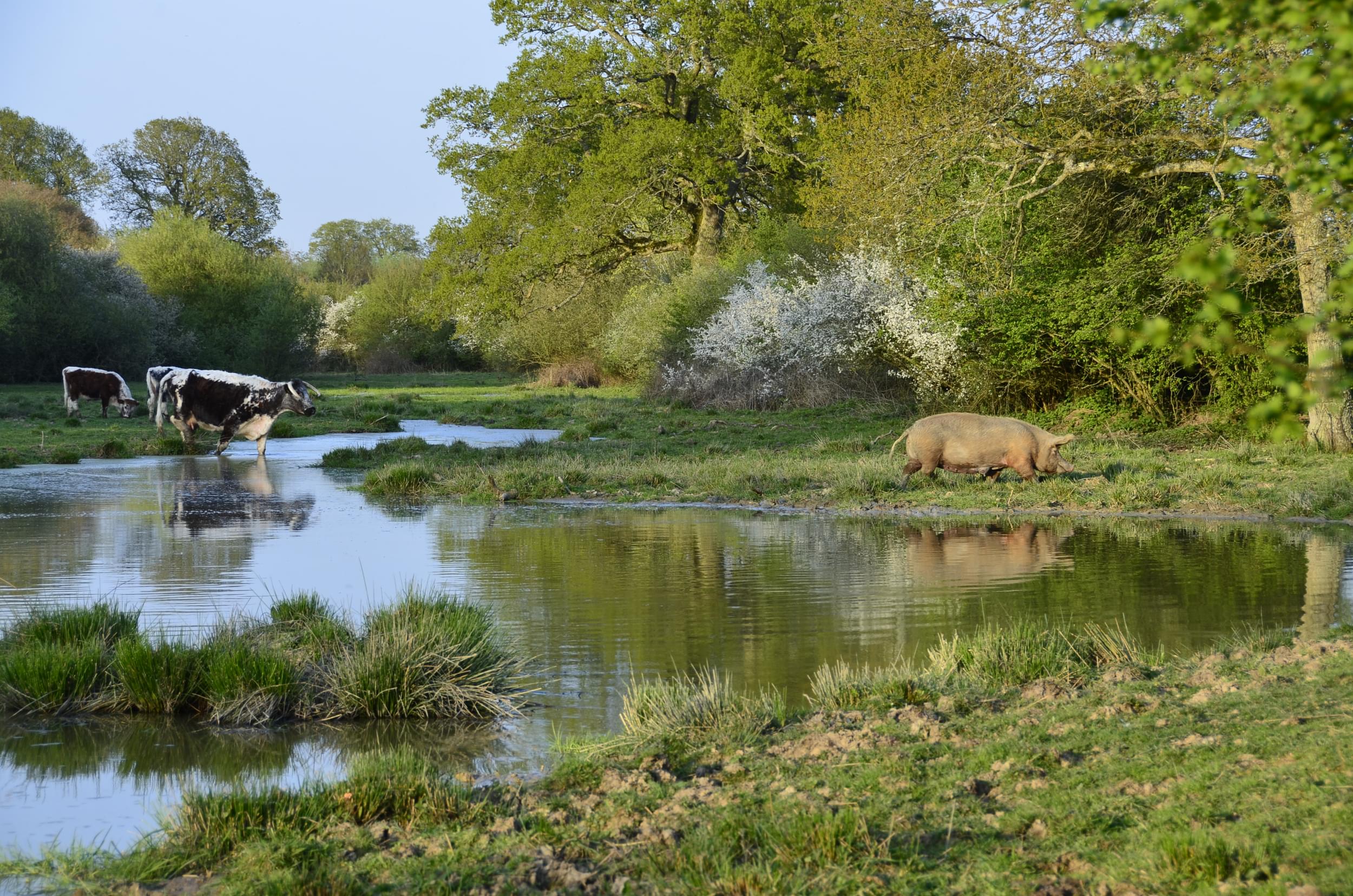
Looking beyond your boundaries, are there any other projects that particularly excite you regarding rewilding in Sussex?
I’m hugely inspired by the Help Our Kelp project restoring 200 square kms of kelp forests in Sussex Bay. That’s something the region can be really proud of. Kayaking there recently with James Baird, we glided over tiny shoals of fish. We hope it means fish populations are reviving. One day it would be great to see Climping Beach a protected nature reserve where seals can come up to pup (sadly, they often get scared off by dogs). This is also an important landfall for migratory birds. It’s exciting to picture a wilder landscape where marine meets the land.
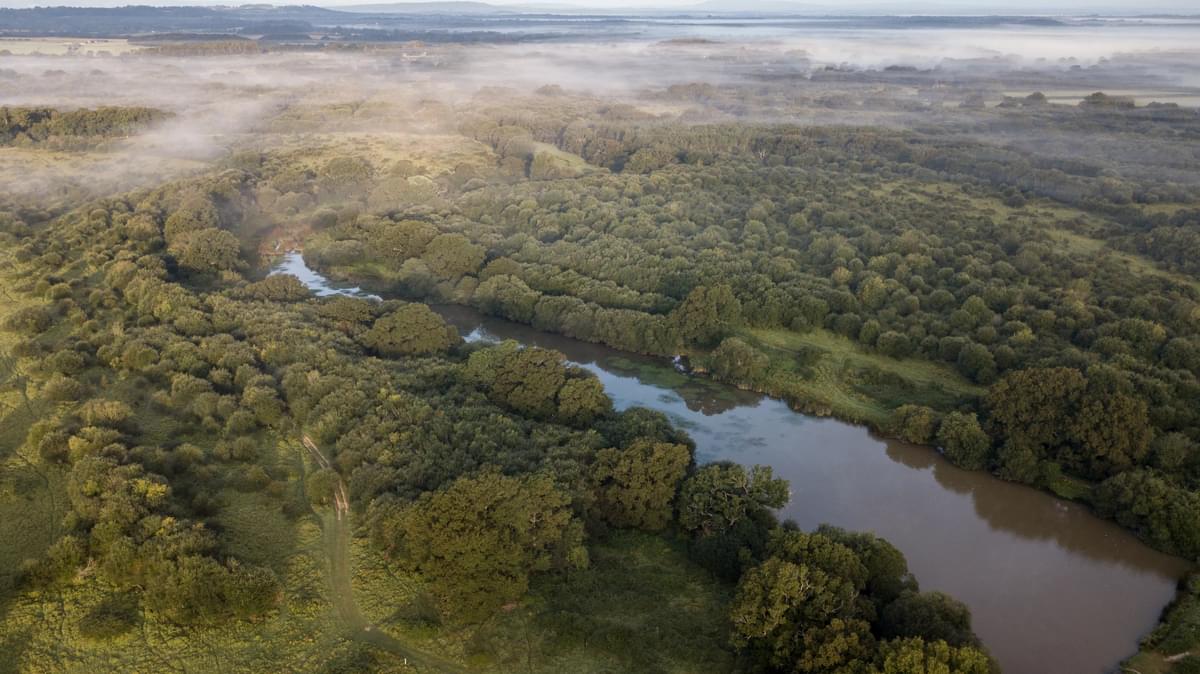
Continuing the theme of connectivity and the rewilding movement, how important is reconnecting ourselves with nature?
It’s hugely important. We have the Natural History GCSE coming out in 2025, and that’s brilliant, but you don’t get a connection from that. You’ve got to have a personal experience in a landscape and be moved by it. That’s what we hope to provide people with at Knepp; to feel life all around them and then go back to their usual landscapes wondering where’s the birdsong, where are the insects? Of course, it’s a delicate balance. We have thousands of people visiting every year, and that’s wonderful, but we also need space for wildlife to recover undisturbed. It’s why the connectivity of landscapes is so essential. Once we have a wilder landscape, we can be freer about where we go.
"That’s what we hope to provide people with at Knepp; to feel life all around them and then go back to their usual landscapes wondering where’s the birdsong, where are the insects?"

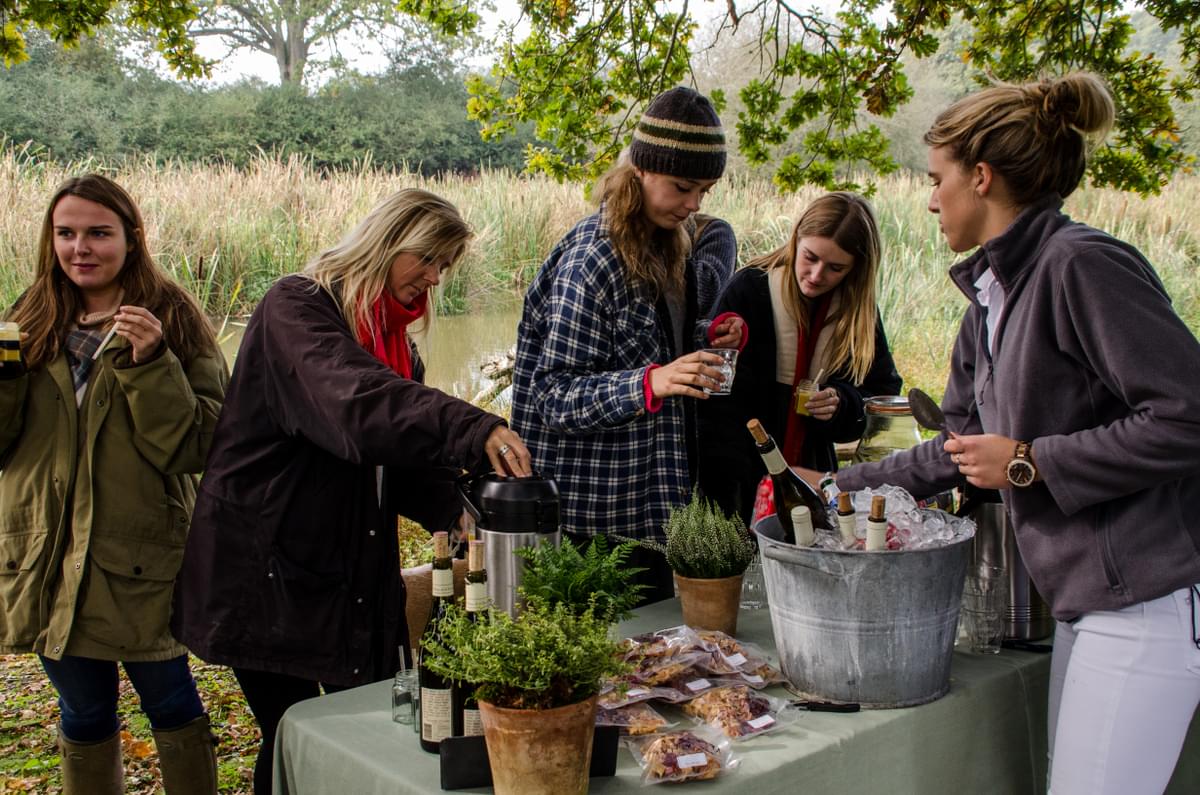
It’s easy to feel overwhelmed by the biodiversity and climate crisis, but your latest book, The Book of Wilding, provides practical advice and hope. What are your top tips?
There is more land under private gardens than nature reserves in the UK, so the book highlights that rewilding is for everyone, not just large farms and big estates. Gardens can be incredible places for wildlife. We can start by ditching the pesticides and herbicides, creating ponds, letting wildflowers thrive. We can take a rewilding mindset by letting things get a bit messy and thinking about how natural processes work. Campaigning is also important; tell your council that you want more trees, wilder verges, and to go pesticide free. There’s also a whole chapter in the book on wilder cities; we’ll win or lose the battle on climate in cities, and plenty can be done, from micro-forests to green roofs.
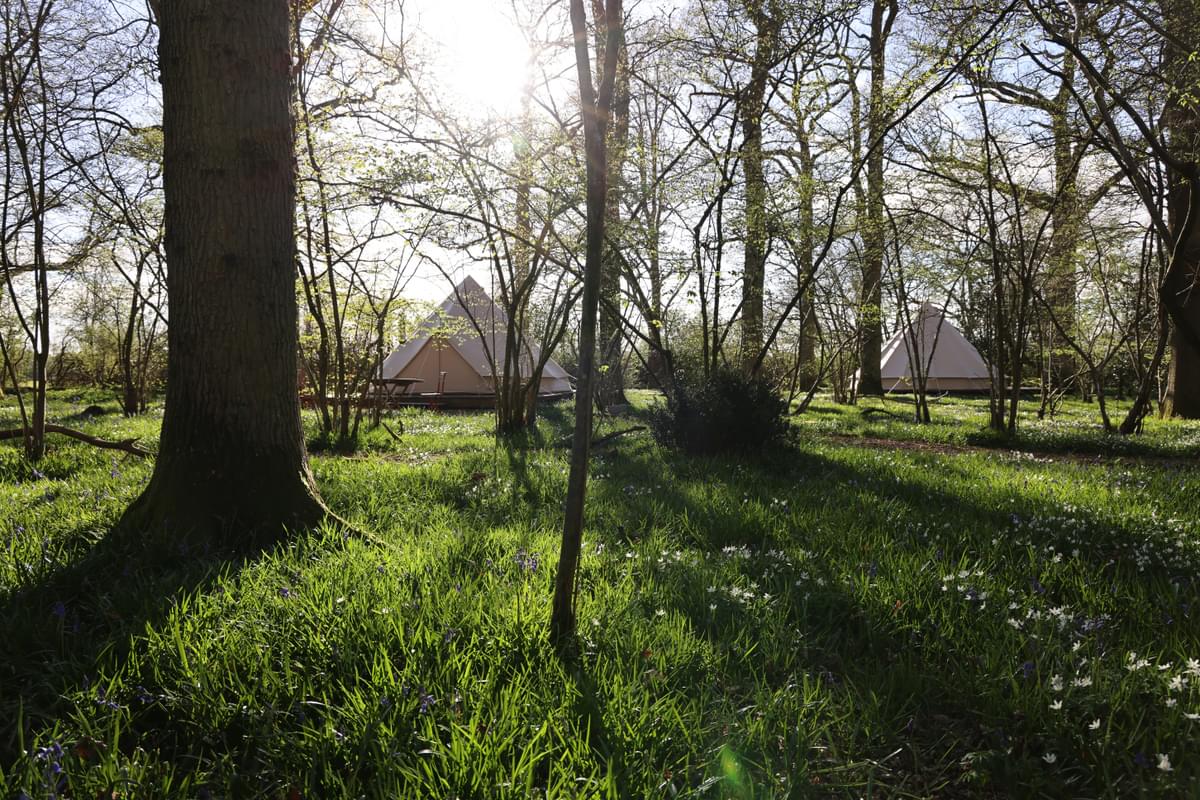
New experiences at Knepp Estate
Wilding Kitchen and Shop
Sustainable through and through, using repurposed materials, nature-friendly building practises, and green tech, Knepp’s new café and shop opened this summer in the estate’s lofty 18th-century barn. The courtyard café and restaurant serves produce from Knepp’s new two-acre organic kitchen garden and the estate’s Wild Range Meat, an offshoot from the conservation project.
Rewild your Garden Safari
Knepp has run wildlife safaris for years to get people closer to its myriad of ecosystems and creatures great and small. Hot on the heels of the restoration and rewilding of the estate’s walled garden (led by experts, including Tom Stuart-Smith and Jekka McVicar) and Isabella’s new book, the estate is adding Rewild your Garden safaris to the summer calendar. Over three hours, guests will hear a presentation from one of the gardening team, understand the practicalities of the project and how it relates to their own space, explore the garden’s habitats with Knepp’s ecologist, and finish with brownies and tea.
Stay in The Dairy
One of the most popular experiences at Knepp is camping. Whether in a bring-your-own tent or yurt, there’s no better place to immerse in nature. However, for longer stays, the Knepp team recently refurbished two self-catering nooks. The Bothy is hidden away in the oak woodlands, but newer still is The Dairy — a cosy one-bed converted cow barn in the heart of the working stables and rewilding project overlooking the wild swimming pond. The herringbone brick floor is made from reclaimed, traditional materials by an in-house stone mason, and all other furnishings are reclaimed or antique.
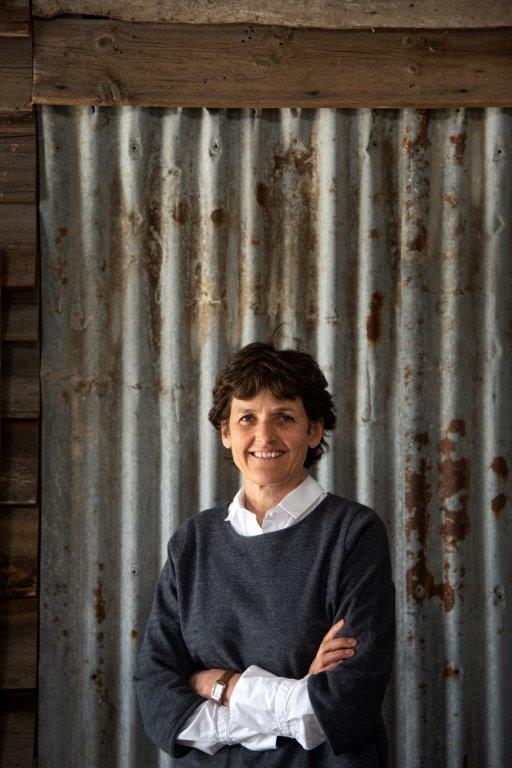
Isabella Tree. Photo: Anthony Cullen
Isabella Tree’s book, The Book of Wilding, was published in May 2023 and is available across all major bookshops and online retailers.
Words: Holly Tuppen
Photos: Charlie Burrell
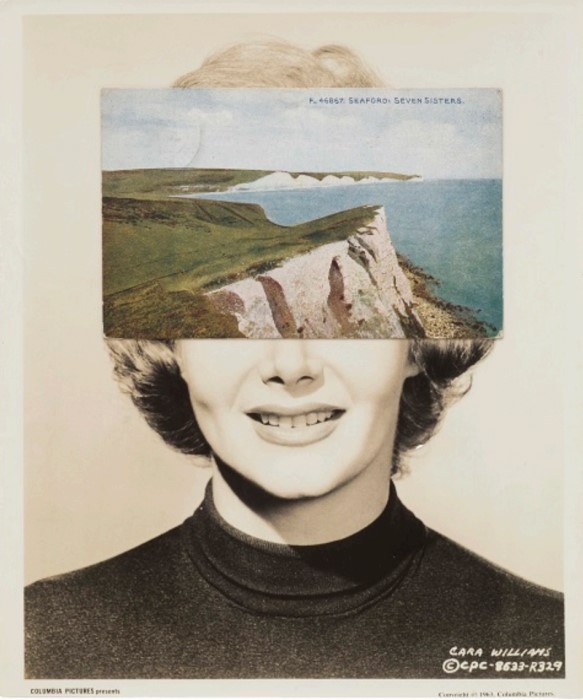
Art and Place: Sussex’s Cultural Landscape This Summer
Art
Here's our pick of the biggest exhibitions to see across Sussex this summer.
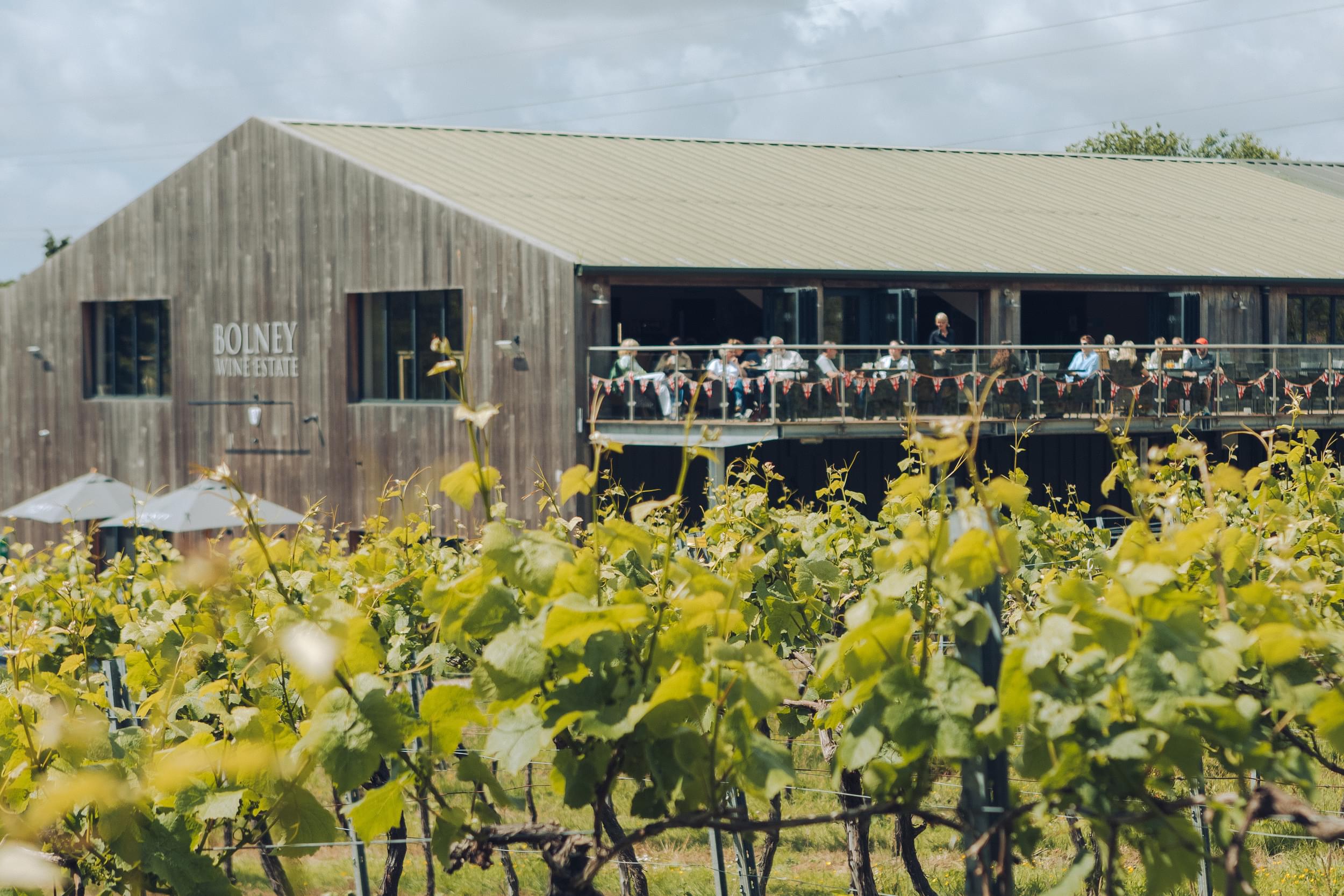
Seven of the best Sussex vineyards
Wine
If you’re looking to visit a Sussex vineyard for a tasting, a tour or a bite to eat, these exceptional wine estates are a great place to start.
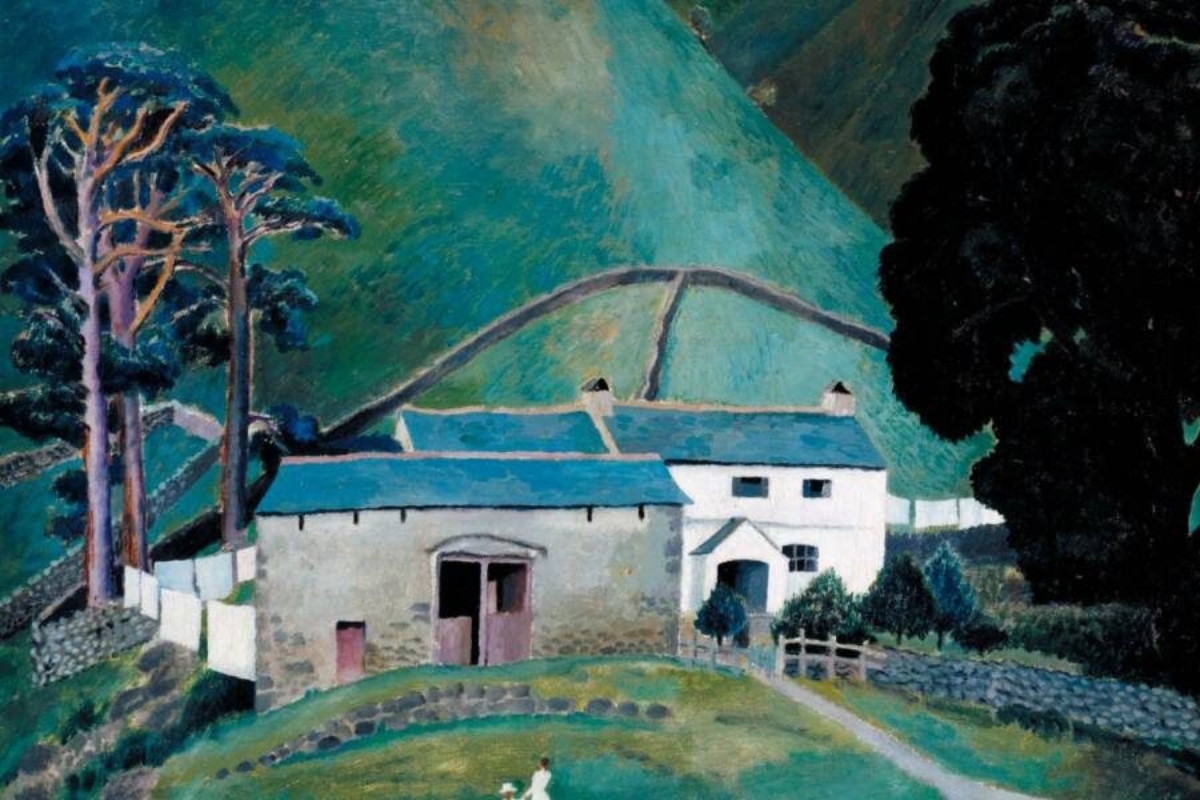
The biggest exhibitions to see in Sussex right now
Art
Here's our pick of the biggest exhibitions to see across Sussex this winter.
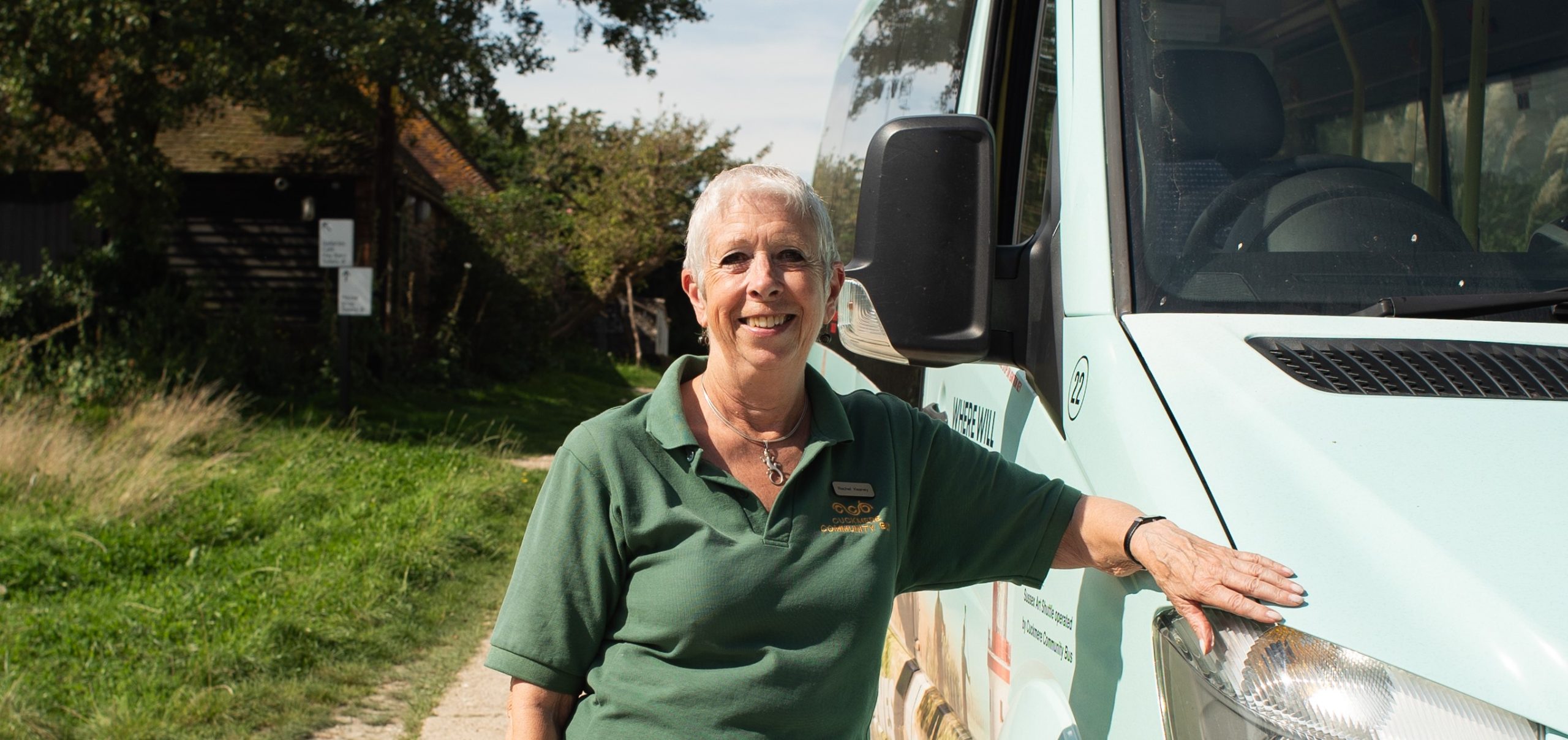
Cuckmere Buses Needs You!
By Bus | News
Cuckmere Buses, a charitable organisation providing essential transportation in the Cuckmere Valley area, is on the lookout for new volunteer drivers to join its dedicated team. To find out more about the role, Sussex Modern spoke to driver Rachel Keaney, who has been offering her driving expertise to the charity for the last 12 years.

Knepp: Wilding, from the weald to the waves
Landscape
Holly Tuppen sits down with Isabella Tree to learn more about the Knepp Estate’s rewilding journey, the latest visitor attractions, and a new venture linking nature restoration across Sussex.
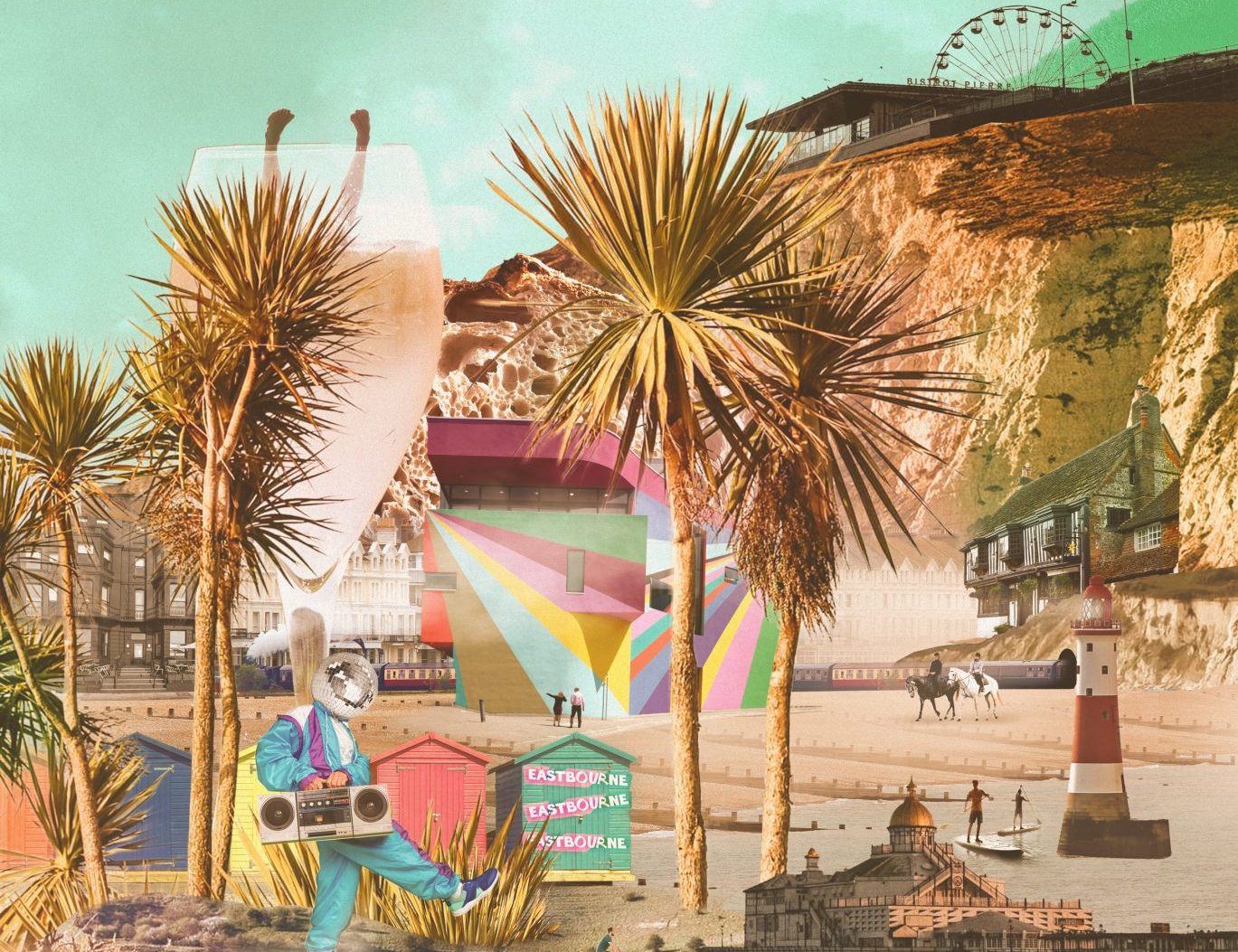
Tell us your thoughts on Eastbourne (and win prizes!)
Turner Prize 2023
Have you spent time in Eastbourne recently, and do you have a few minutes to complete a short survey about the town? Tell us your thoughts and be entered into a prize draw for a chance to win some incredible Sussex experiences.

